How to Start with Mindfulness and Compassion in Early Recovery
Are you tired of constantly struggling with addiction and looking for a sustainable solution? Look no further! Combining the philosophies of Alcoholics Anonymous, the 12 Steps to Recovery program, Tim Ferriss’ 4-Hour Work Week, and the teachings of the Dali Llama offers a comprehensive and holistic approach to overcoming addiction and promoting sustainable health and wellbeing. The philosophies behind Tim Ferriss and the Dalai Lama offer a unique and holistic approach to promoting health and wellbeing, particularly in early recovery. To apply these philosophies in your own journey to recovery, it is important to first understand what these beliefs entail.
Combining Alcoholics Anonymous and the 12 Steps to Recovery
Alcoholics Anonymous, or AA, has been a trusted resource for those seeking sobriety for over 85 years. The 12 Steps to Recovery program, which is a cornerstone of AA, provides a step-by-step approach to uncovering patterns in one’s life that no longer serve them and replacing them with healthy coping mechanisms. By learning honest communication and increasing empathy, AA provides a strong foundation for real, lasting change.
Achieving Sustainable Change
Tim Ferriss’ 4-Hour Work Week, which emphasizes efficient and achievable goals, is a perfect complement to the AA program. It encourages healthy risk-taking and boundary-setting, which are essential for those seeking to escape from old patterns. The 4-Hour Work Week provides a roadmap for a better future and helps individuals take control of their lives.
The teachings of the Dali Llama emphasize the importance of cultivating a belief in having a positive influence on the world, gaining understanding of others, perspective, and compassion. These teachings offer a unique approach to promoting wellbeing and are an essential component of the holistic approach to addiction recovery. By incorporating mindfulness and compassion into the recovery process, individuals are better equipped to handle life’s challenges and overcome addiction.
Counter Argument and Risks
It is important to note that while the holistic approach to addiction recovery is highly effective, it is not a one-size-fits-all solution. Some individuals may find that this approach is not a good fit for them and may require a different approach. Additionally, it is crucial to acknowledge that addiction is a complex issue and that it may require a multi-faceted approach to overcome. As with any program or approach to addiction recovery, it is important to seek the advice of a professional and to be aware of the potential risks involved.
For Tim Ferriss, start by focusing on setting achievable goals and taking calculated risks. Break free from old patterns by setting small, attainable goals and gradually increasing the level of risk as you gain confidence and experience. This can help you adopt a new, healthier lifestyle and improve productivity and efficiency.
For the Dalai Lama, focus on building compassion and mindfulness skills. Cultivate these skills through practices such as meditation, journaling, and spending time in nature. By focusing on mindfulness and compassion, individuals in early recovery can gain a deeper understanding of themselves and others, and develop healthy coping mechanisms to help them navigate the challenges of early recovery.
By combining these philosophies and applying them in your own journey to recovery, you can achieve a level of hope, peace, and purpose that may have previously seemed out of reach. Through setting achievable goals, taking healthy risks, cultivating compassion and mindfulness, and developing a deeper understanding of yourself and others, you can create a foundation for lasting change and a better life.
The philosophies behind Tim Ferriss and the Dalai Lama offer a comprehensive and holistic approach to promoting health and wellbeing, particularly in early recovery. By combining these philosophies, individuals can achieve a level of hope, peace, and purpose that may have previously seemed out of reach.
How to Focus on Building Mindfulness and Compassion
One of the key teachings of the Dalai Lama is the importance of mindfulness and compassion in promoting wellbeing. To incorporate this philosophy into your recovery journey, start by focusing on building these skills through practices such as meditation, journaling, and spending time in nature.
- Meditation is an excellent way to cultivate mindfulness, as it helps you slow down and focus on the present moment. By becoming more aware of your thoughts, feelings, and sensations, you can gain a deeper understanding of yourself and develop a more compassionate attitude towards yourself and others. There are many different types of meditation, so it is important to find a practice that resonates with you and that you can stick to. Some popular forms of meditation include mindfulness meditation, loving-kindness meditation, and body scan meditation.
- Journaling is another tool that can help you cultivate mindfulness and compassion. By reflecting on your experiences, thoughts, and feelings, you can gain a deeper understanding of yourself and develop a more compassionate attitude towards yourself and others. Journaling can also help you identify patterns in your thoughts and behaviors, and provide you with a tool to help you manage triggers and stress.
- Spending time in nature can also help you cultivate mindfulness and compassion. By connecting with the natural world, you can slow down, appreciate the beauty and majesty of nature, and gain a deeper appreciation for life. This can also help you develop a more compassionate attitude towards yourself and others, as well as help you manage stress and anxiety.
By incorporating these practices into your recovery journey, you can build a foundation for lasting change and a better life. With time and practice, you will develop a greater sense of peace, purpose, and compassion for yourself and others, and will be better equipped to handle the challenges of early recovery.
How to Utilize Tim Ferriss’ 4-Hour Work Week Techniques
Another key philosophy of Tim Ferriss is the importance of setting achievable goals and taking calculated risks. To incorporate this philosophy into your recovery journey, start by utilizing Tim Ferriss’ 4-Hour Work Week techniques. This can help you set achievable goals and prioritize your time effectively, which can be particularly helpful for those in early recovery, as it helps them break free from old patterns and adopt a new, healthier lifestyle.
Start by identifying your most important tasks and focusing on them first. Also, consider minimizing distractions and using tools like a timer or to-do list to increase your efficiency. Tim Ferriss’ 4-Hour Work Week can help you set achievable goals and prioritize your time effectively, and can be an excellent tool for helping you break free from old patterns and adopt a new, healthier lifestyle.
Focus on Building Strong Relationships
One of the key components to successful recovery is having a strong support system in place. Building strong relationships with others can help individuals in early recovery feel connected, valued, and understood. This can provide a source of encouragement and support during the challenges of early recovery and help promote a sense of hope and purpose.
Here are a few ways to focus on building strong relationships:
- Join a support group: Joining a support group can provide individuals with a community of individuals who are all working towards the same goal of recovery. This can help individuals feel less isolated and more connected to others who understand their struggles.
- Reach out to trusted friends and family members: Having a close network of trusted friends and family members can provide a source of emotional support and encouragement. This can be especially helpful during the challenges of early recovery.
- Volunteer in your community: Volunteering in your community can help you connect with others who share similar values and interests. This can provide a sense of purpose and meaning and help you feel more connected to others.
- Attend therapy or counseling sessions: Attending therapy or counseling sessions can help individuals work through any underlying emotional and psychological issues that may be contributing to their addiction. This can help individuals build stronger relationships with others, as they work through these challenges together.
By focusing on building strong relationships and creating a support network, individuals in early recovery can gain a deeper sense of hope, peace, and purpose in their lives. Through these relationships, individuals can develop a sense of belonging and feel more connected to others, which can provide a foundation for lasting change and a better life.
In conclusion, combining the philosophies of Alcoholics Anonymous, the 12 Steps to Recovery program, Tim Ferriss’ 4-Hour Work Week, and the teachings of the Dali Llama offers a comprehensive and balanced foundation for transformation. By utilizing the tools of AA, setting achievable goals with the 4-Hour Work Week, and incorporating mindfulness and compassion, individuals can achieve lasting change and promote sustainable health and wellbeing. Join us on this journey of transformation and discover the power of combining traditional wisdom and modern techniques to achieve lasting change.










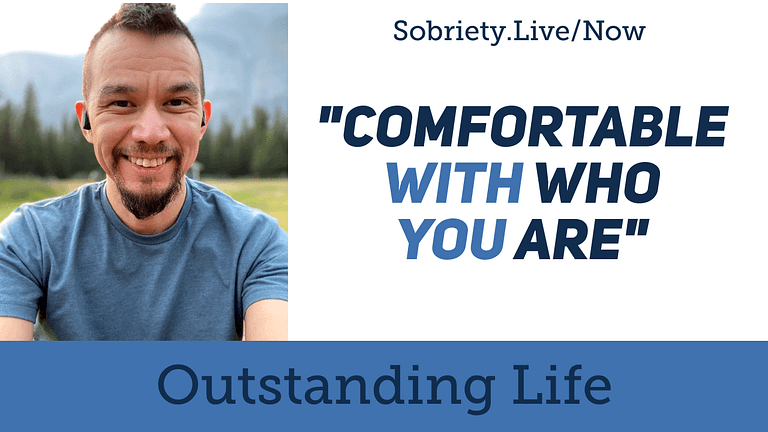
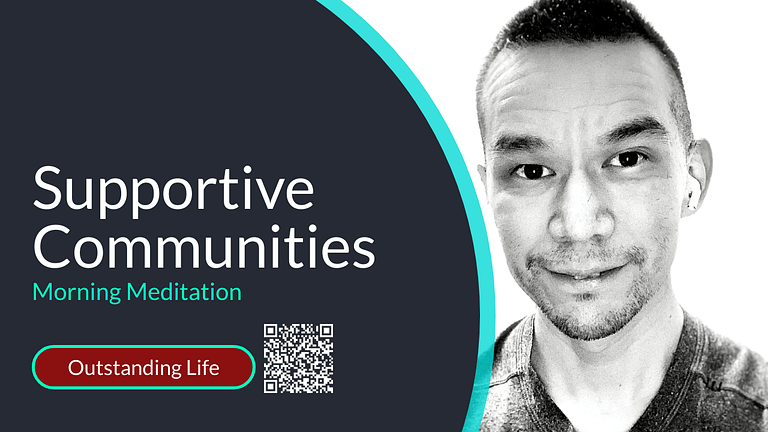
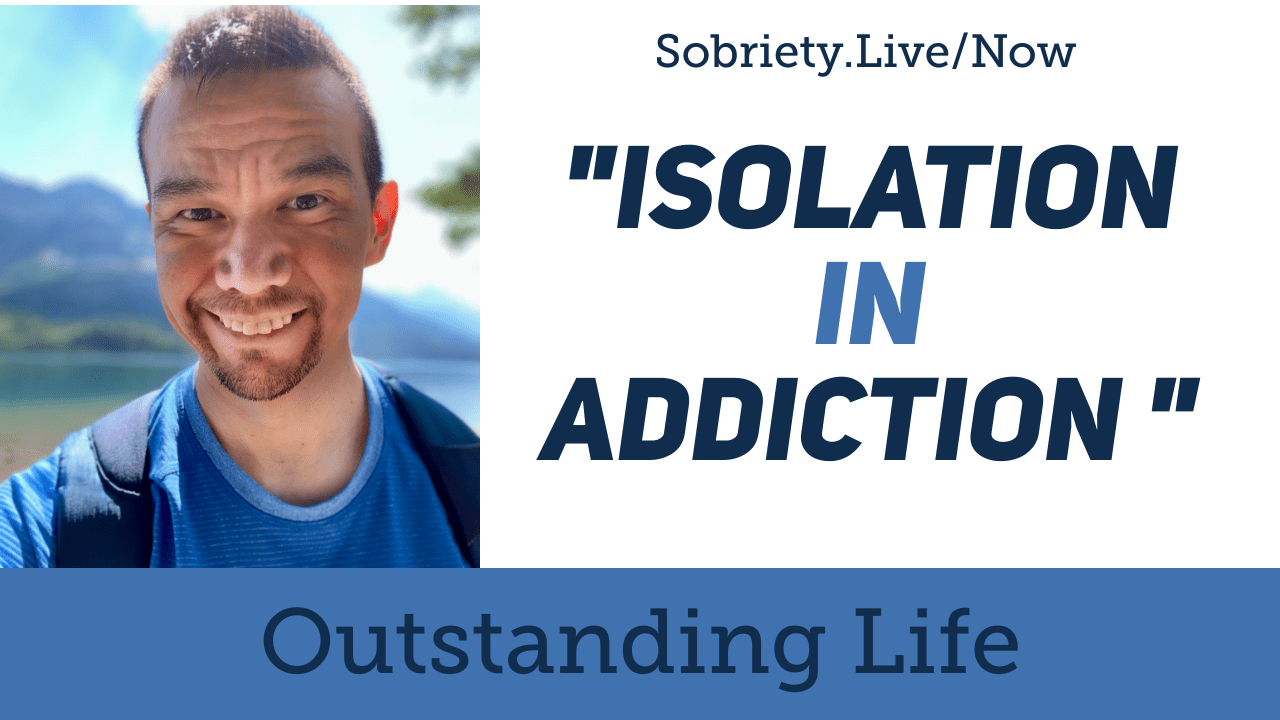
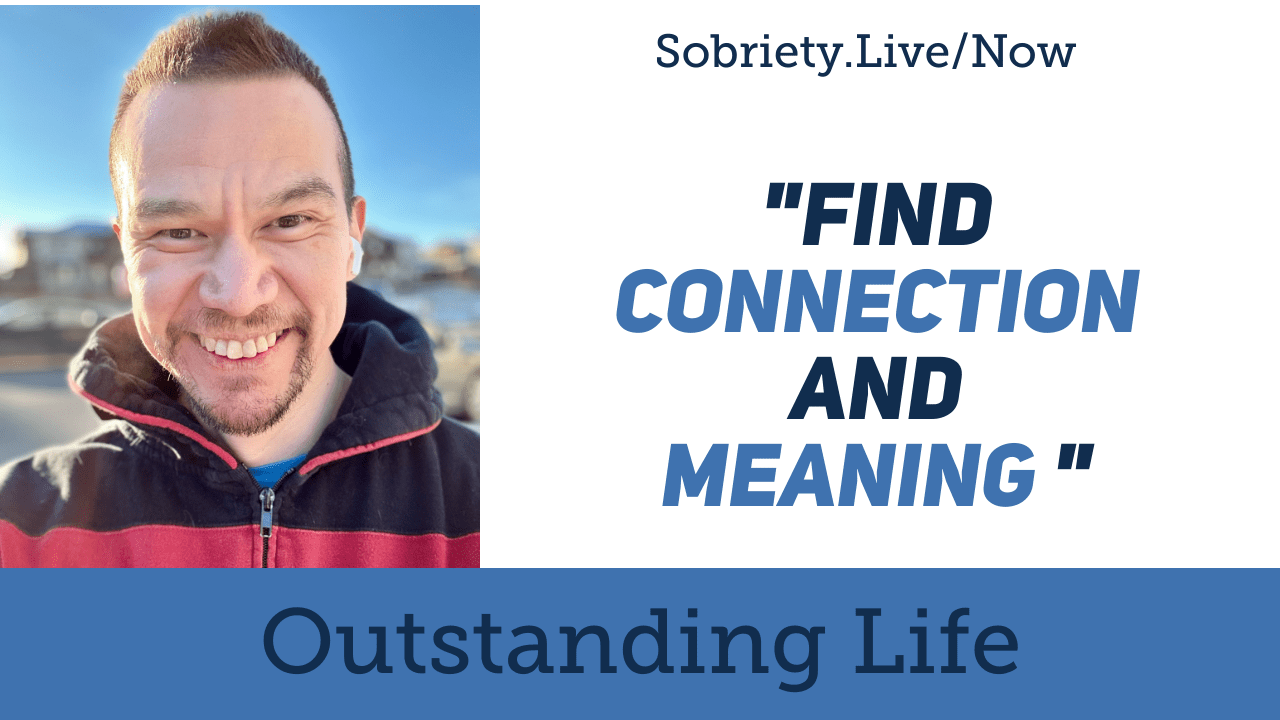
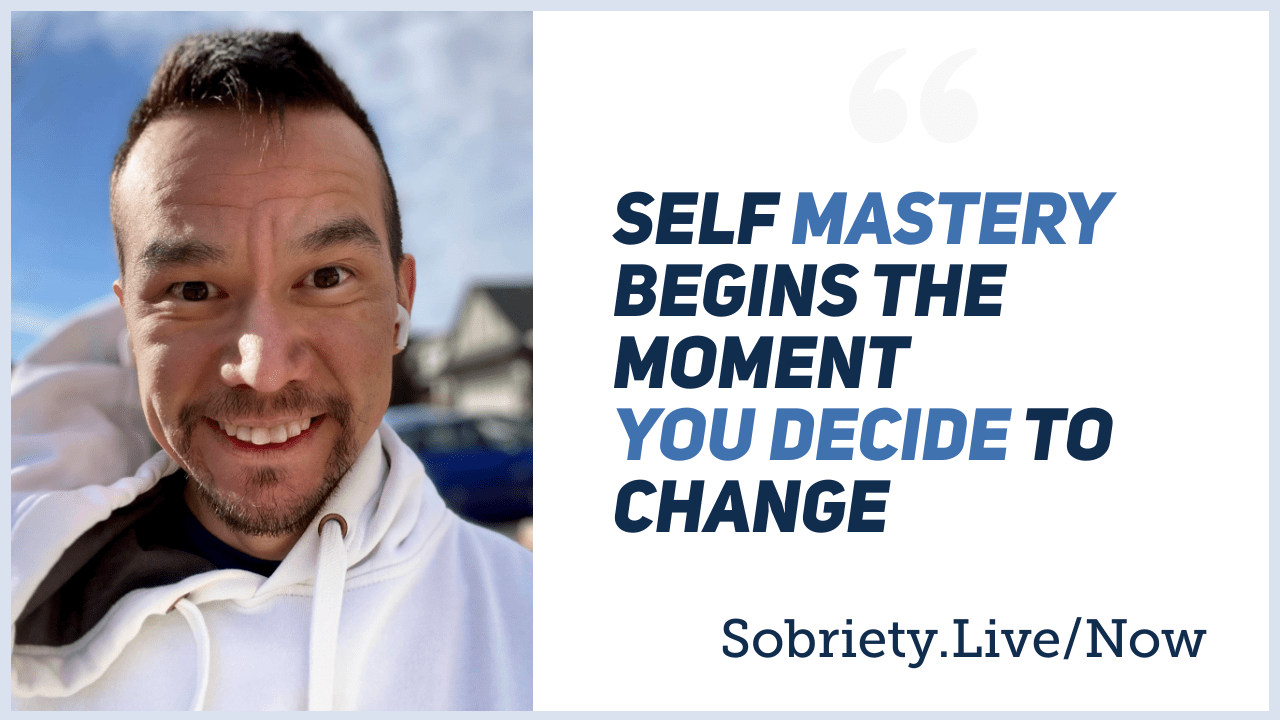
You must be logged in to post a comment.